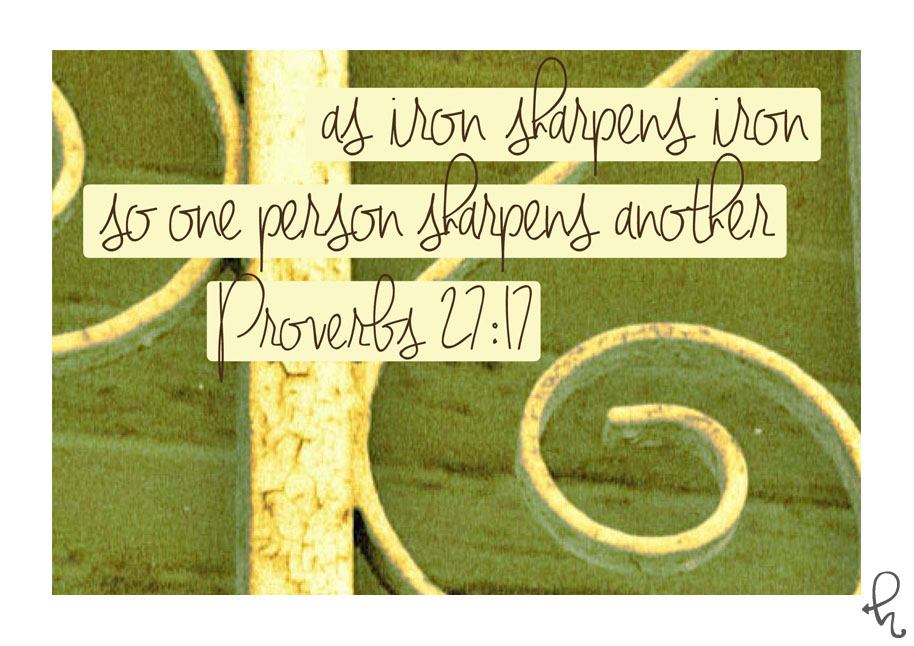
Writers Chat Recap for January
Writers Chat, hosted by Johnnie Alexander, Brandy Brow, and Melissa Stroh, is the show where we talk about all…
January 31, 2025
Writers Chat, hosted by Johnnie Alexander, Brandy Brow, and Melissa Stroh, is the show where we talk about all…
January 31, 2025
It cannot be overstated: Critique groups are vital for writers. The critique group is to a writer what coaches…
October 16, 2020
Writing is a solitary profession and the majority of writers are introverts. Book proposals are a powerful business tool…
September 25, 2020
As an adult, writing has been a mainstay of my professional career. I majored in journalism, interned at newspapers,…
February 16, 2020
Last month I talked about how useful critiques are for writers, because they provide important feedback that helps us…
February 8, 2020
Does the word critique fill you with dread? It shouldn’t. I have learned most of what I know about…
January 8, 2020
Often, what we intend to say never comes through in what we write. Sometimes our enthusiasm inhibits the thoughts…
August 29, 2018
Every writer can use a solid critique of their work, especially when they are preparing their work for professional…
July 7, 2018
Smart writers invest in workshops, courses, and conferences. Smart and savvy writers will also invest time in building their…
May 16, 2016
I am not a horse person. I freely admit almost complete ignorance in regard to horses and horse-related things.…
January 17, 2016
There it was—the flat tire we dreaded finding. After discovering it flat twice that week, the expected deflation was…
November 1, 2015
I slogged through composing an article, retyping the same sentence six or seven times. The sentence was too short,…
July 21, 2015